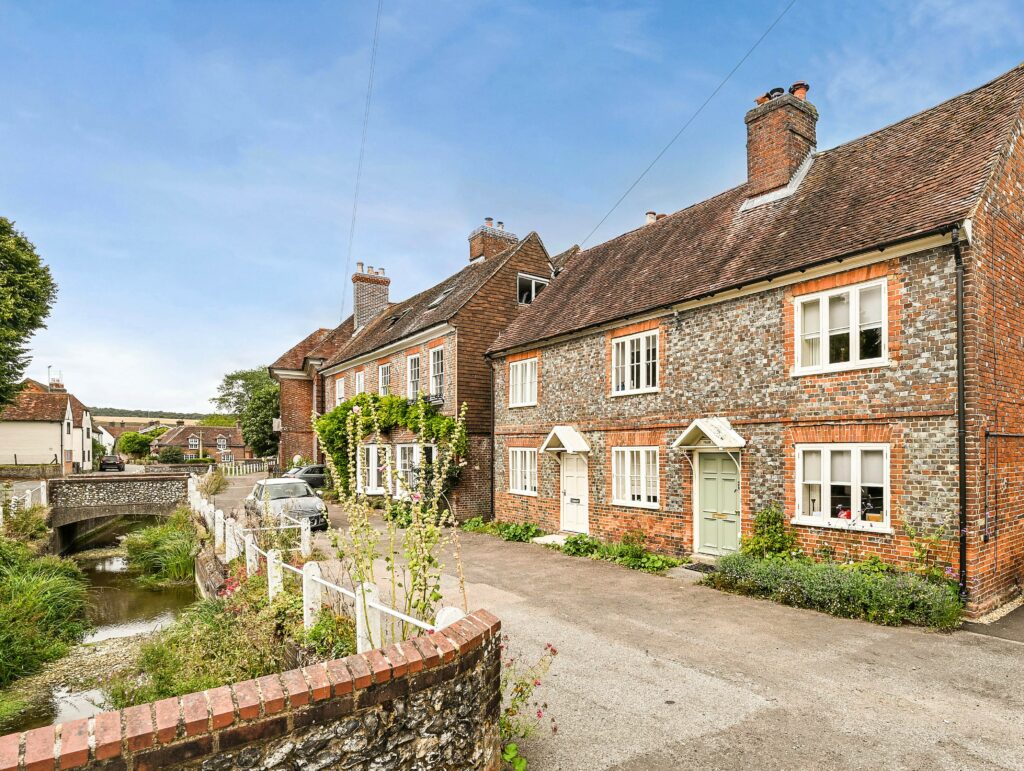
It’s a common assumption that owning a listed property means endless red tape and strict limitations on personalisation — but that doesn’t have to be the case. While there are certain responsibilities that come with listed status, the benefits of owning one of these unique homes are often underestimated.
Listed homes offer a character and individuality that modern properties simply can’t replicate. With features like original fireplaces, exposed beams, sash windows, and historic brickwork, each property has its own distinct story and charm. These architectural details not only add aesthetic value but also help preserve a piece of the nation’s heritage.
Older buildings were often constructed with materials and techniques that have stood the test of time. Their solid construction typically includes thicker walls, which can offer better insulation and greater protection from external noise — a feature not always found in newer builds.
While it’s true that certain changes to a listed building require consent, planning authorities are increasingly open to creative, sympathetic adaptations — especially when owners demonstrate a commitment to preserving the integrity of the structure. With the right guidance, you can often find solutions that balance modern living needs with heritage conservation.
There are approximately 400,000 listed buildings in England, with Grade II properties being the most common. This means that a wide network of architects, surveyors, and skilled tradespeople have developed expertise in restoring and adapting listed homes. The key is understanding the specific needs of the property and working with professionals who are experienced in heritage work.
Additional benefits of owning a listed property include:
Long-term value: Listed homes often retain their value well and can even appreciate due to their rarity and historic significance.
Incentives and grants: In some cases, owners may be eligible for grants or tax reliefs for repair and conservation work.
Community and prestige: Owning a listed property can offer a sense of pride and prestige, as well as a connection to local history and community heritage.
Potential for unique renovation projects: Rather than limitations, many owners find the challenge of working within heritage guidelines rewarding — resulting in stunning homes full of character and history.
In short, buying a listed property isn’t just about owning a home — it’s about becoming a custodian of a piece of history. With the right approach and support, it can be a deeply rewarding investment, both personally and financially.
For more about listed homes see www.propertymark,co.uk/professional-standards/consumer-guides/buying-selling-houses/listed-buildings.html